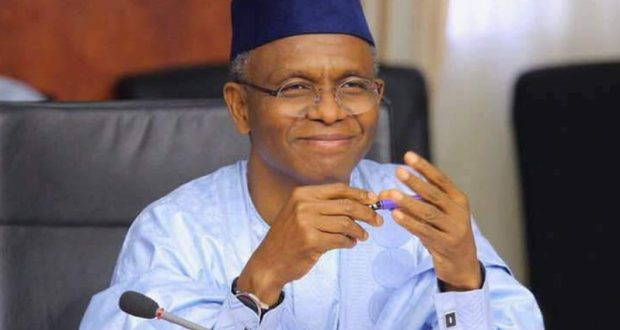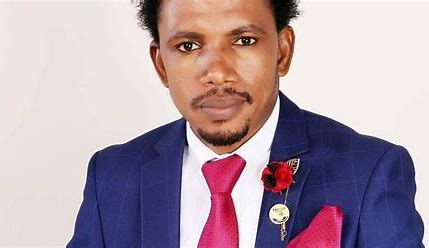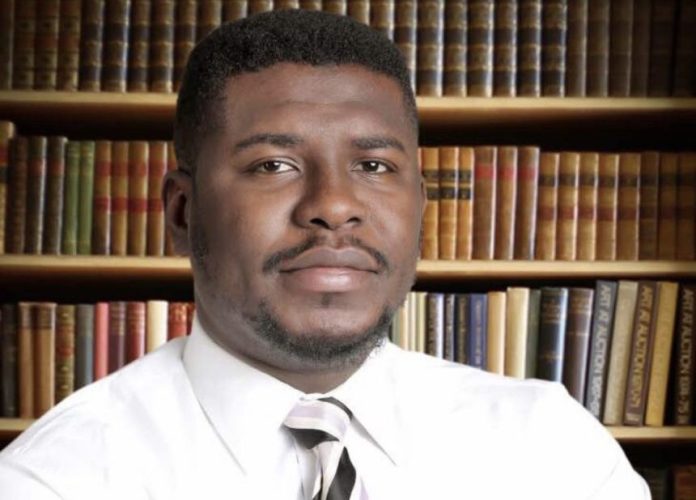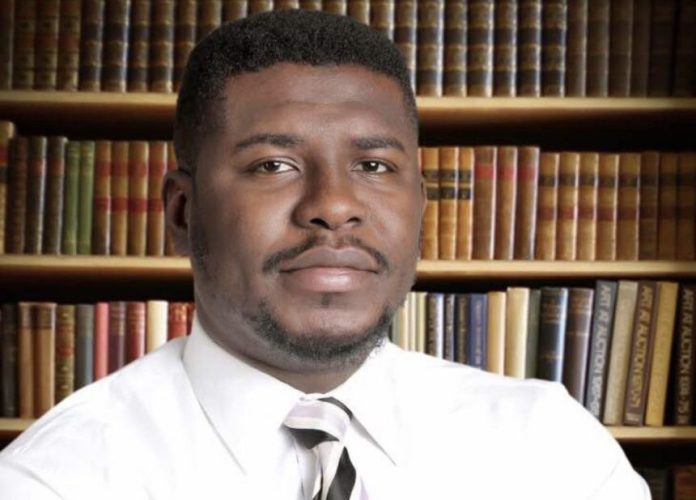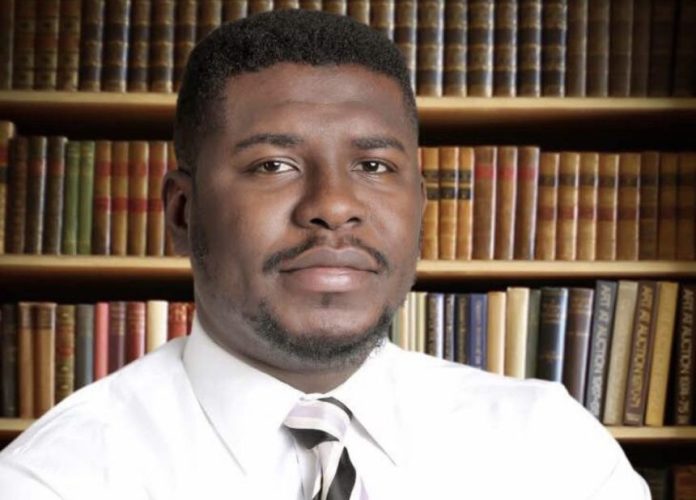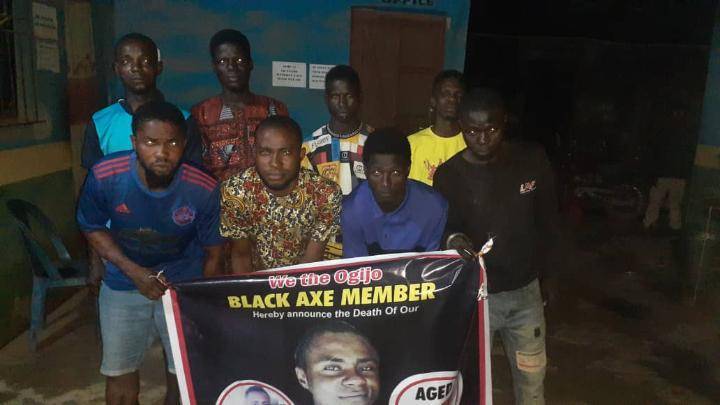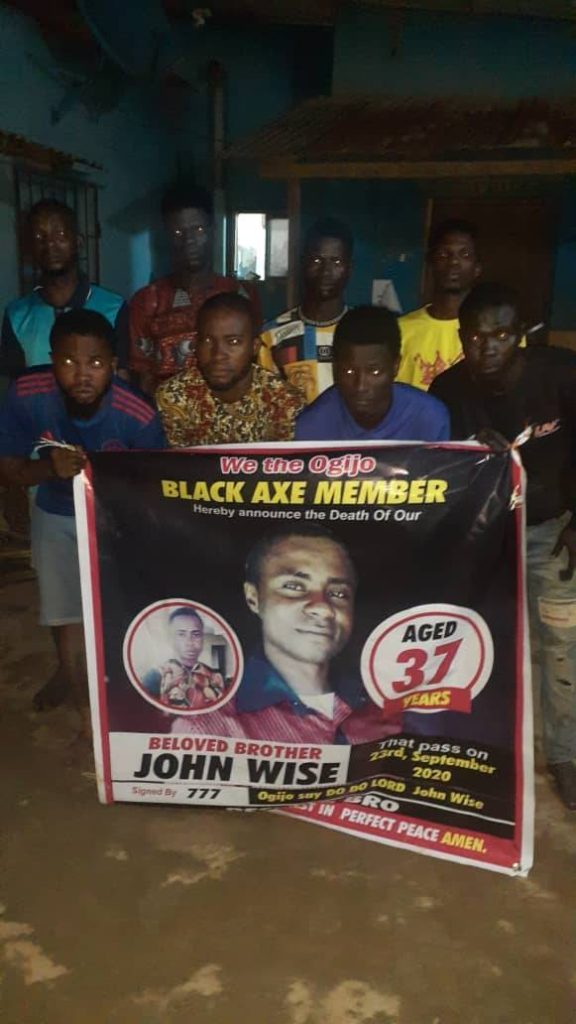•Monarch’s demise exposed gov’s segregationist tendencies, says ADA
The Turaki Zazzau, Alhaji Aminu Shehu Idris, may succeed his father, the immediate past Emir of Zazzau, Shehu Idris, as his name was among the three submitted to Governor Nasir el-Rufai of Kaduna State for consideration.
Zazzau Emirate kingmakers have zeroed their choices to three candidates, which they sent to the governor, who will endorse and announce the new emir.
The last emir died last Sunday at the age of 84, after 45 years on the throne.
However, sources at the Zaria palace of the emirate told some journalists at the weekend that the governor’s favoured candidate, the Magajin Garin Zazzau, Ahmed Nuhu Bamalli, could not make the kingmakers’ shortlist.
According to tradition, the new emir is expected to emerge from Katsinawa, Bare-bari, Mallawa or Sullubawa ruling houses.
Aminu Shehu Idris, who is eldest surviving son of the deceased emir from the Katsinawa ruling house, is the youngest of the shortlisted candidates.
The University of Abuja Economics graduate works as a senior staff at the Crude Oil Marketing Division of the Nigeria National Petroleum Corporation (NNPC).
A statement issued by el-Rufai’s media aide, Mr Muyiwa Adekeye, noted that the kingmakers had submitted their report to the Commissioner for Local Government Affairs.
Adekeye quoted the Secretary to the State Government (SSG), Alhaji Balarabe Abbas-Lawal, as saying: “The selection process for the new Emir of Zazzau is proceeding with the careful attention befitting such a momentous decision.”
Meanwhile, Adara nation has said that the death of Idris exposed el-Rufai’s segregation tendencies in the state’s affairs.
In a statement at the weekend, the President of Adara Development Association (ADA), Awemi Dio Maisamari, alleged that the governor used the occasion to show his distaste for Southern Kaduna people.
His words: “We empathise with the Zazzau people most deeply because the loss of this revered royal father has brought back the sad memories and deep sorrow of the abduction and gruesome murder of our revered first class royal father, Dr. Raphael Maiwada Galadima (JP).
“We are however saddened to observe that Governor el-Rufai has used this sober occasion to publicly showcase the status differential between Northern and Southern Kaduna people in his administration.
He noted the governor’s haste in appointing a successor to the Zazzau monarch, who died naturally at old age, after declaring three days mourning and public holiday in his honour.
In the case of the first class monarch of Adara Chiefdom, who was abducted and eventually assassinated in very humiliating and suspicious circumstances, he claimed that the governor did not bat an eyelid.
“The governor did not consider his tragic demise deserving of any extraordinary action, special honour, press statement, tribute or even ceremonial call for public mourning by the state government. This was followed by the greatest mark of dishonour and treachery to our monarch and Adara people as a whole.,” he added. (THE GUARDIAN)

